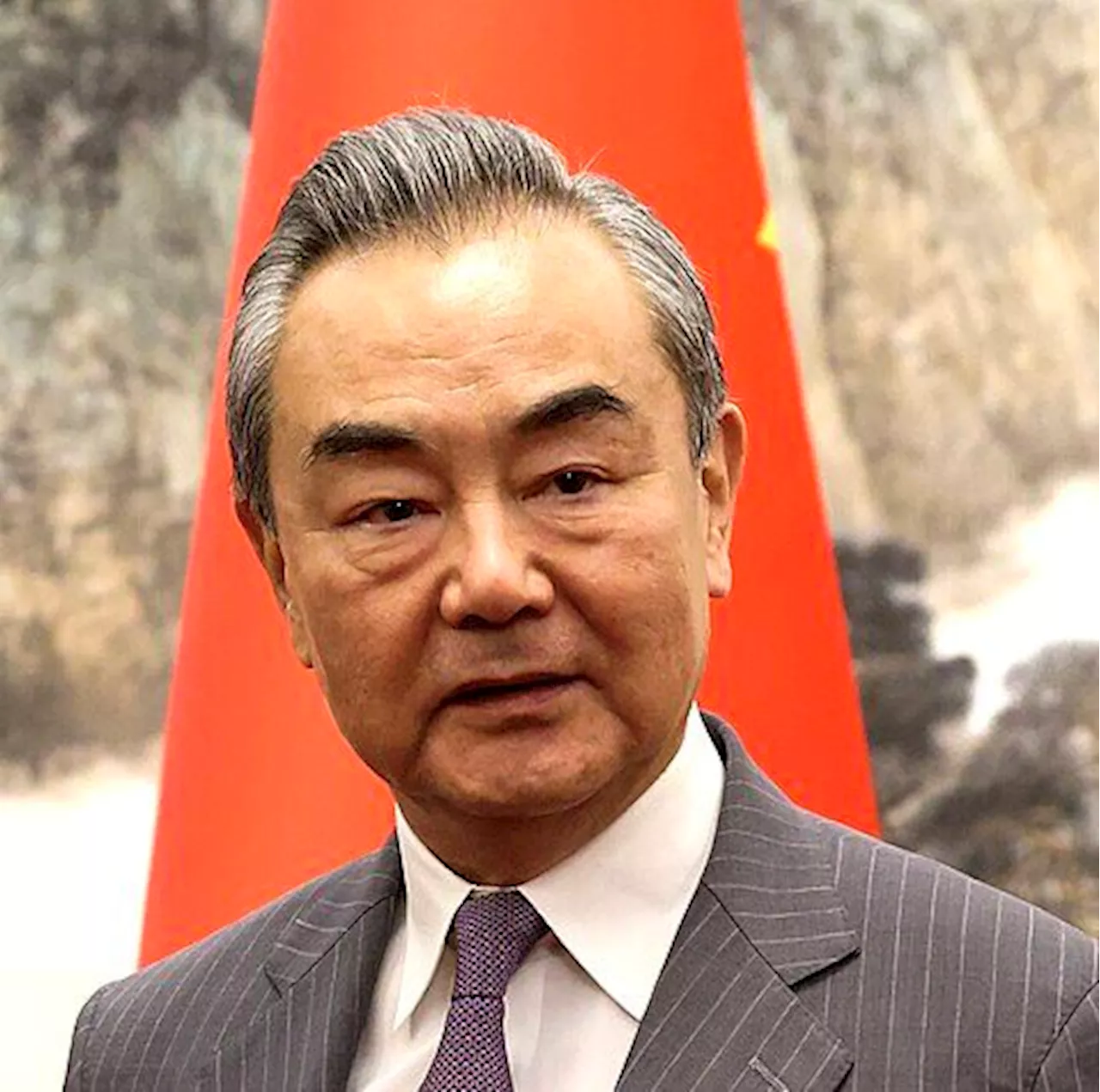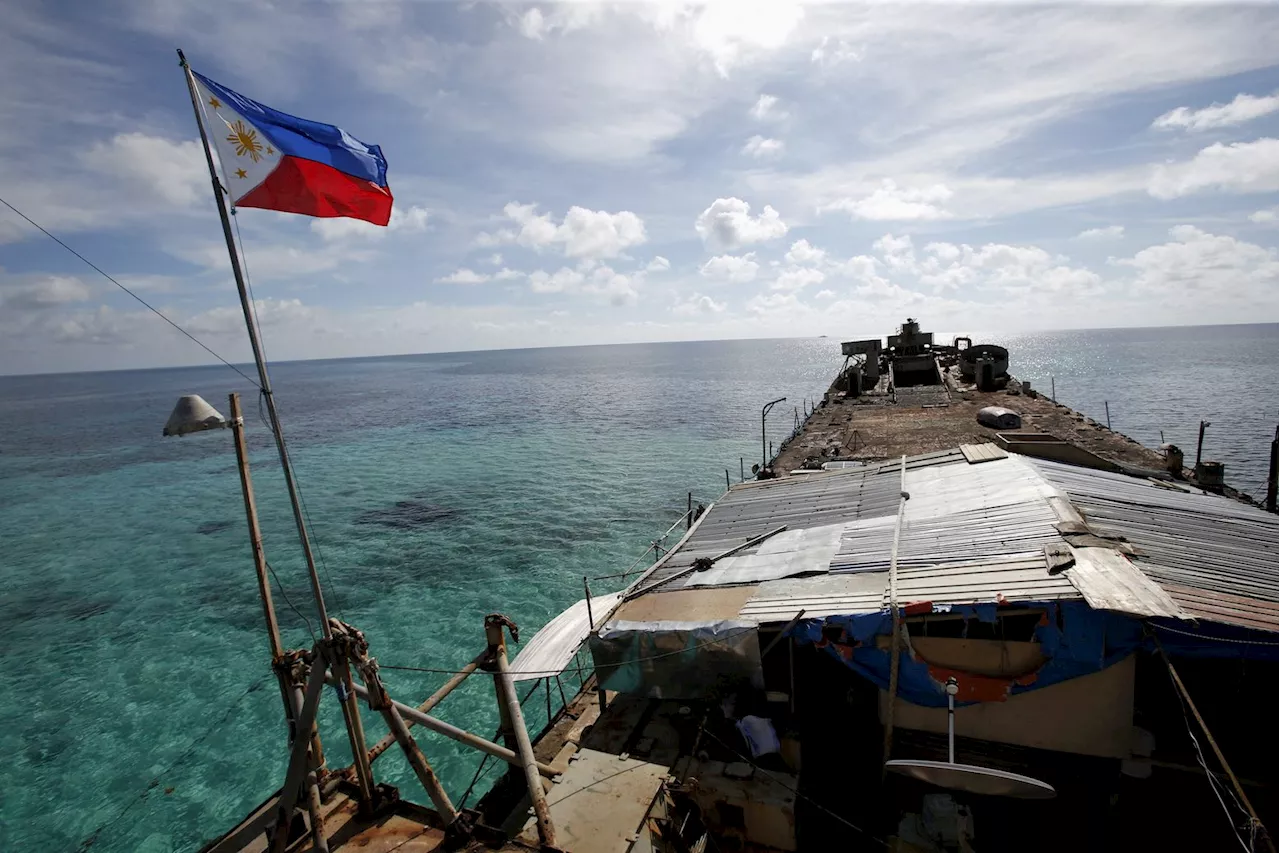China has been buying its way into restricted national fishing grounds. The method typically involves the use of business partnerships to register foreign ships under the flag of another country, thereby allowing those vessels to fish in that country’s territorial waters.
conducted a broad investigation of working conditions, human-rights abuses, and environmental crimes in the world’s seafood supply chain.
As US and European fishing fleets and navies have shrunk, so too has Western development funding and market investment in Latin America, Africa, and the Pacific. This has created a void that China is filling as part of its Belt and Road Initiative, Beijing’s global development program. Though most of these business ventures go unnoticed, some of them have sparked controversy. Starting in 2007, China extended more than a billion dollars worth of loans to Sri Lanka as part of a plan for a Chinese state-owned company to build a port and an airport. The deal was made based on the promise that the project would generate more than enough revenue for Sri Lanka to pay back these loans.
For Beijing, this money has created a variety of business opportunities. But it has also bought the type of political influence that became crucially important for the crew of theAll 29 of the men on the Chinese jigger were rescued from the water that day. Most of the men were scooped up by another Chinese fishing ship,which was also owned by CNFC and had its own history of illegal fishing in Argentine waters. These men were immediately taken directly back to China.
Three days later, the posture from the Argentine government began to shift. Susana Malcorra, Argentina’s foreign minister, told reporters that the charges had “provoked a reaction of great concern from the Chinese government.” She explained that she had reassured China that Argentina would follow local and international laws.
This was certainly true on Quiquinte’s ship. In court papers tied to Quiquinte’s death, several of the ship’s Argentinian crew members explained that despite Argentine law forbidding non-Argentinians from being the captains or senior officers on these fishing ships, the reality is that the Chinese crew on board make the decisions. Even when they are designated on paper as lowly deckhands, the Chinese decide whether the ship will enter port to drop off a sick worker, like Quiquinte.
China’s expansionist methods are also not historically unique. The US has a long and infamous record of intervening abroad when foreign leaders begin erecting highly protectionist laws. In the past several decades, the tactic of “flagging in” has been used by American and Icelandic fishing companies.
Illegal Fishing Maritime Security Investigative Asia Pacific Editors' Pick Newsbreak
Philippines Latest News, Philippines Headlines
Similar News:You can also read news stories similar to this one that we have collected from other news sources.
 Blinken hits out at China's 'unlawful actions' in South China SeaLatest Philippine news from GMA News and 24 Oras. News, weather updates and livestreaming on Philippine politics, regions, showbiz, lifestyle, science and tech.
Blinken hits out at China's 'unlawful actions' in South China SeaLatest Philippine news from GMA News and 24 Oras. News, weather updates and livestreaming on Philippine politics, regions, showbiz, lifestyle, science and tech.
Read more »
 China warns Philippines of 'resolute' response in South China SeaDefining the News
China warns Philippines of 'resolute' response in South China SeaDefining the News
Read more »
 China-Philippines deal raises hope for peace in the South China SeaThe agreement reached between China and the Philippines regarding the disputed Ayungin Shoal (Second Thomas Shoal) in the South China Sea is a significant development that brings hope for peaceful resolutions in the region.
China-Philippines deal raises hope for peace in the South China SeaThe agreement reached between China and the Philippines regarding the disputed Ayungin Shoal (Second Thomas Shoal) in the South China Sea is a significant development that brings hope for peaceful resolutions in the region.
Read more »
 Philippines says it will still assert South China Sea rights after resupply deal with ChinaWhile neither the Chinese foreign ministry nor the Philippines' Department of Foreign Affairs provide details of the arrangement, Manila says it 'will not prejudice our respective national positions'
Philippines says it will still assert South China Sea rights after resupply deal with ChinaWhile neither the Chinese foreign ministry nor the Philippines' Department of Foreign Affairs provide details of the arrangement, Manila says it 'will not prejudice our respective national positions'
Read more »
Philippines, China set up presidential hotline on South China SeaThe Philippines and China have signed an agreement raising to the highest level the officials who may use an emergency hotline concerning incidents in the South China Sea, involving presidential offices and foreign ministries.
Read more »
Philippines, China to create presidential hotline to manage South China Sea tensionsMore than a year after creating a direct communication line on maritime issues, the Philippines and China have established a new mechanism that allows the presidential offices of both countries to reach each other through an emergency hotline.
Read more »
